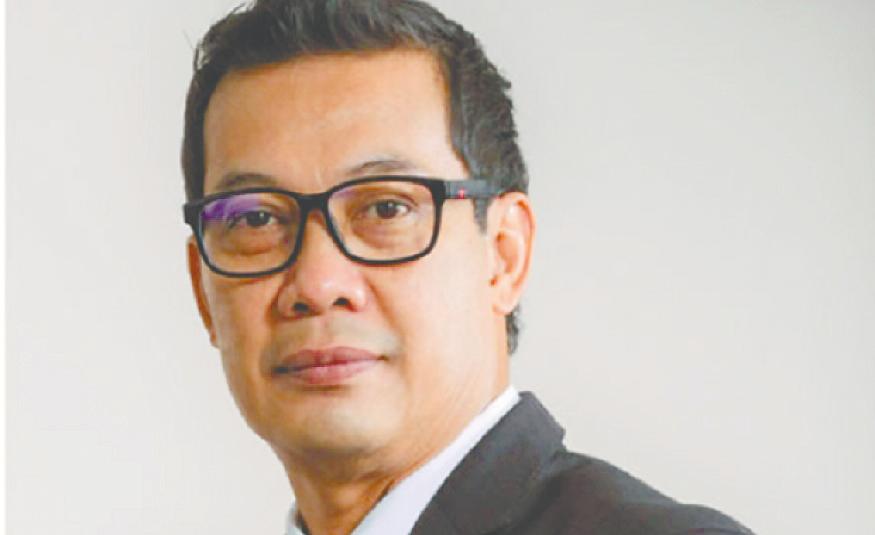KUALA LUMPUR: As the takaful industry contends with escalating medical inflation and the rising costs of healthcare, the Malaysian Takaful Association (MTA) has called for increased government and private sector collaboration to ensure affordable, accessible protection options for all Malaysians.
MTA CEO Mohd Radzuan Mohamed envisions takaful becoming a leading option for Malaysians seeking protection.
With only 60% of the population currently insured or covered by takaful, he sees untapped potential among the remaining 40%, primarily in underserved and unserved communities.
“Our goal is to make takaful an accessible option, particularly for groups like the BM40 (top 20% of B40 and bottom 40% M40), who often do not receive enough attention from traditional agents,” he told SunBiz at the recent launch of Hijrah27.
Radzuan said the takaful sector has struggled to expand its market share, currently at about 20% after four decades.
In response, he said, they are considering how digital transformation, distribution enhancements and technology can address these challenges.
“Malaysia’s transformation plan and recent initiatives, like the financial sector blueprint, outline steps to close this gap by focusing on underserved communities, leveraging financial literacy campaigns, and engaging technology to make takaful accessible,” he added.
Additionally, he said co-payments, a shared cost model between the insurer and the insured, is seen as a potential solution to rising premiums fuelled by medical inflation.
“Collaborating with the Ministry of Health and Bank Negara Malaysia, takaful providers aim to develop cost-sharing models that help balance affordability and coverage. With co-payments, premiums could become more manageable, helping to mitigate the effects of medical inflation and making Takaful accessible for more people.”
While the adoption of co-payments is currently optional, Radzuan said, making it mandatory could have far-reaching implications on the takaful industry. “A balanced co-payment structure can be beneficial, but affordability must remain a priority to avoid defeating the purpose of protection,” he emphasised.
Looking forward, Radzuan said the association is exploring new technology-driven initiatives, such as the Hijrah27 framework, to improve customer service and operational efficiency. “Collaborations with fintech firms and the rise of AI-based solutions also show promise in elevating the industry’s standards and expanding reach,” he added.









